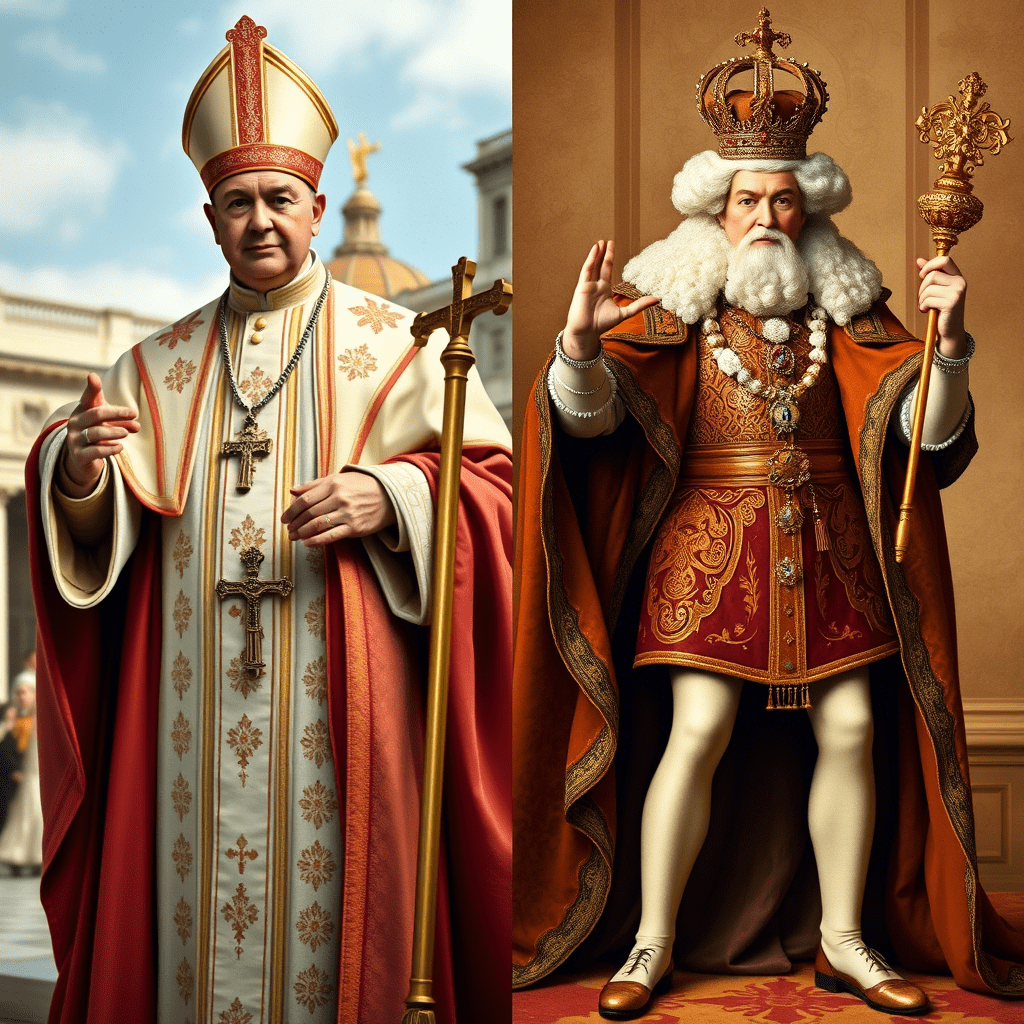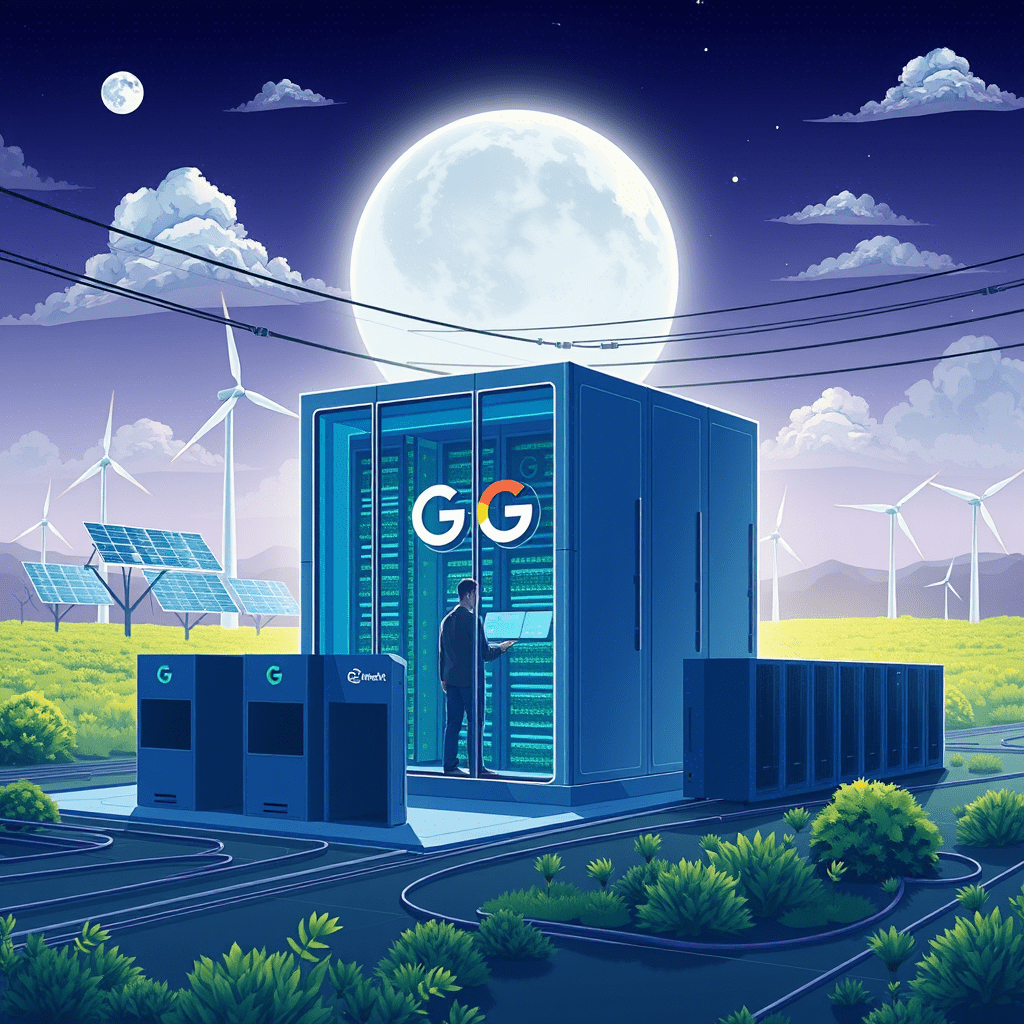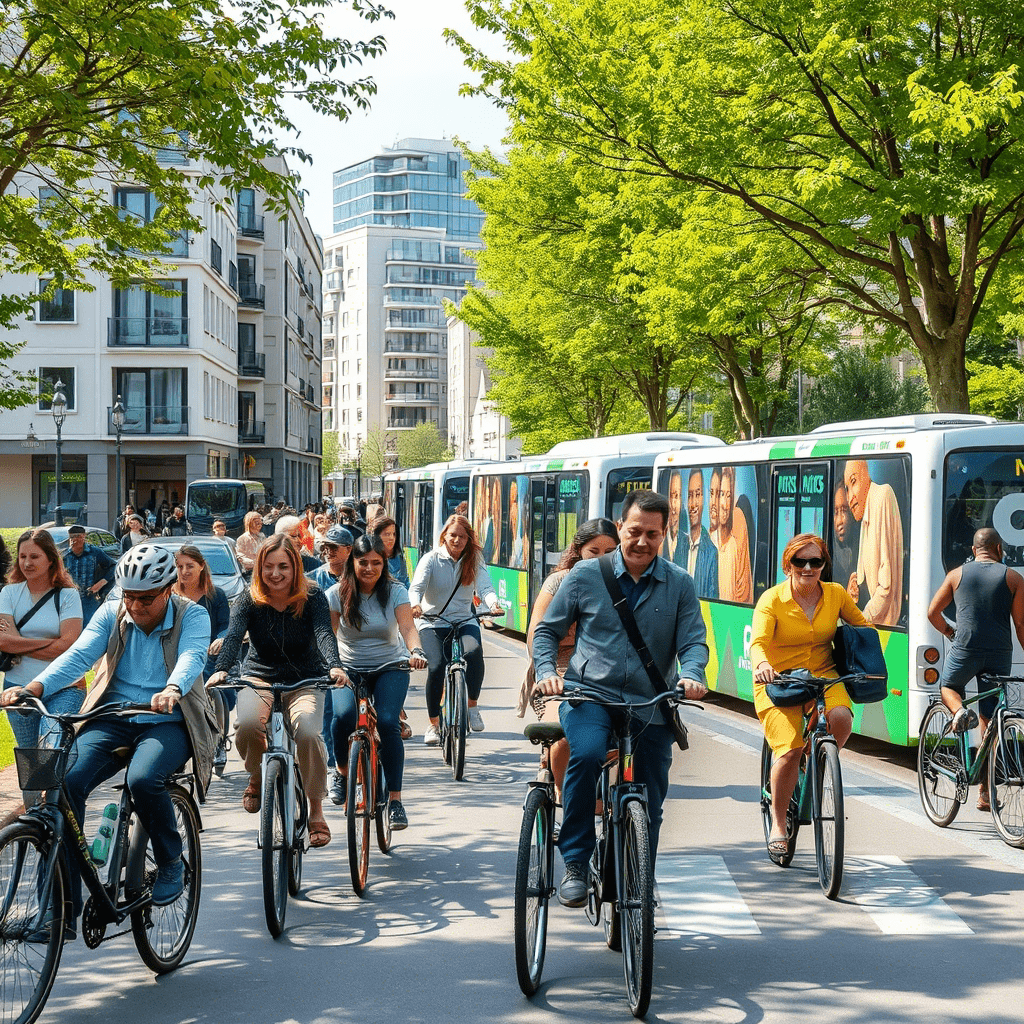The 50th Geneva International Exhibition of Inventions, held from April 9 to 13, 2025, at Palexpo in Geneva, marked a historic milestone in celebrating human creativity and technological progress. This jubilee edition showcased nearly 1,050 inventions from over 35 countries and regions, reflecting a diverse array of innovations spanning healthcare, artificial intelligence, renewable energy, space technology, and more. Highlights included the European Space Agency’s (ESA) presence as guest of honor, offering attendees an immersive journey into space exploration, and groundbreaking projects like AI Dog, which uses AI to monitor pollution and wildlife conservation efforts. Families were engaged through hands-on workshops and interactive exhibits, while professionals benefited from the Swiss Pavilion of Innovation and Research, fostering collaboration and knowledge exchange. The event also emphasized sustainability, with inventions such as Battery-Free IoT from The Chinese University of Hong Kong showcasing eco-friendly advancements aimed at reducing electronic waste and conserving resources.





